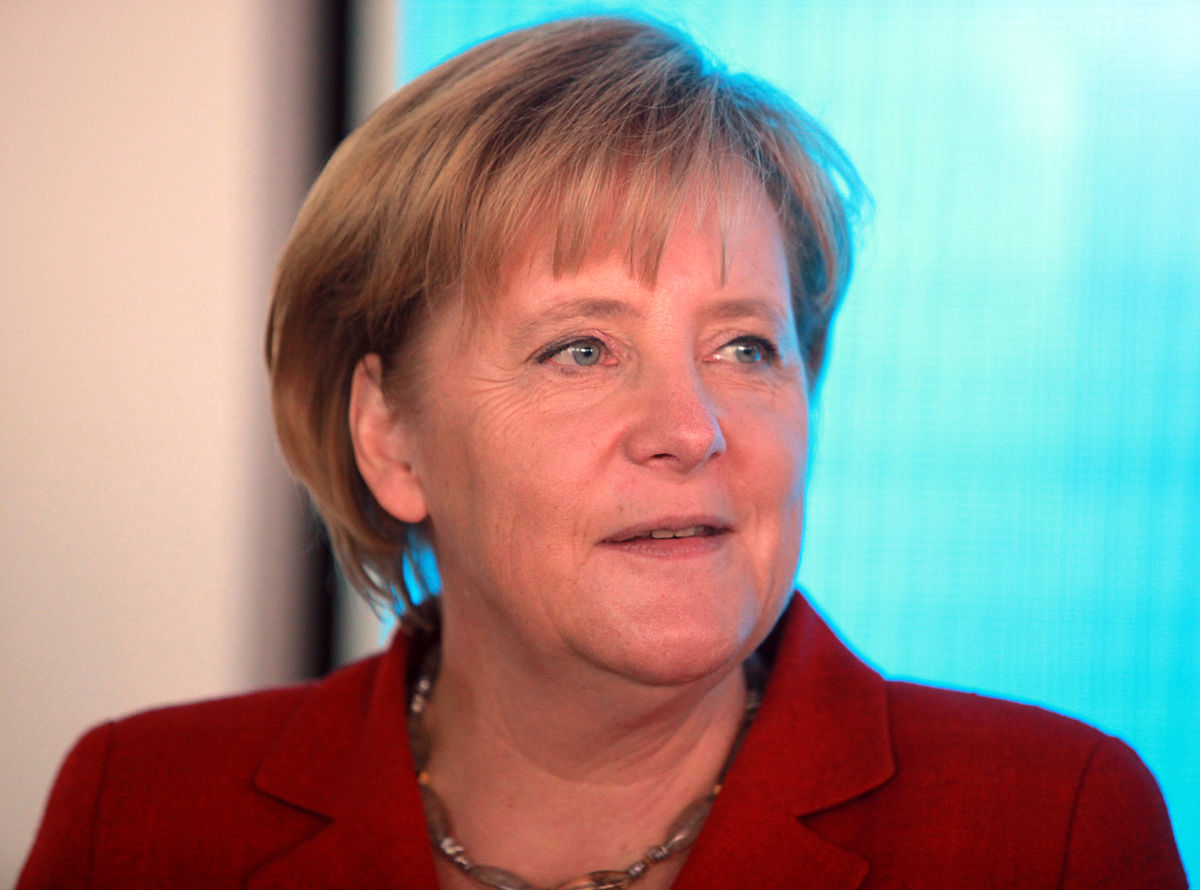
Will Merkel Stand up to Trump on Climate?
The German chancellor, Angela Merkel, has her first face to face meeting with President Trump tomorrow when she visits Washington.
The German chancellor, Angela Merkel, has her first face to face meeting with President Trump tomorrow when she visits Washington.
It has been described as a “make or break” meeting between two of the world’s most powerful people.
The agenda is set to include discussions on the global economy, Islamic State, Russia, China, Nato and potentially climate change.
The meeting is no doubt going to be difficult, with USA Today summing it nicely as the “two disagree about everything”.
Merkel’s visit is a pre-meeting for the two politicians before Germany hosts the G20 summit in Hamburg in July.
And the Germans are reportedly going to make sure that climate change is up for discussion at both the G7 in Italy as well as the G20 in Germany. But if that is the case, Merkel needs to stand up to Trump tomorrow and play hard-ball with the climate denying President.
As Politico reports this morning: “European diplomats are carefully crafting a strategy for dealing with Donald Trump on climate change … But they’re still unsure how to approach a president who has questioned the value of U.S. alliances and dismissed climate change as a Chinese hoax.”
European officials see Merkel’s visit “as the first opportunity to lay the groundwork to persuade Trump to keep the U.S. in the landmark Paris climate agreement, and to back a joint G20 leaders’ declaration emphasizing their commitment to limiting greenhouse gas emissions,” reports Politico, which says the strategy is to “sway” Trump over climate not “provoke him”.
But Merkel cannot let Trump bully her and must persuade Trump to act. But the signs of progress are not good.
Last week I blogged how the new head of the EPA, Scott Pruitt had sparked outrage when he said he did not think humans were a primary cause of climate change, leading to the Sierra Club to state: “The arsonist is now in charge of the fire department, and he seems happy to let the climate crisis burn out of control”.
In a sign of an aggressive stance on climate, in a highly unusual move, the Trump administration is also seeking to appeal a landmark climate change lawsuit brought by 21 children, even before the legal case has even gone to trial.
They kids are claiming that the federal government is violating their constitutional rights to life, liberty, and property by failing to stop climate change. In November 2016, last year, a federal judge refused to dismiss the case allowing it to go to trial.
More recently, as it has become apparent that the Trump administration has been removing data on climate change, the plaintiffs also filed a request for preservation of all documents and electronically stored information that is relevant to the case.
Julia Olson, the lead attorney in the case said: “Destroying evidence is illegal and we just put these new US defendants and the industry defendants on notice that they are barred from doing so”.
And now in a highly unusual move, the Trump Administration is trying to appeal that decision, even before the trial hearing. Last week, the Administration filed two motions, firstly an appeal of last November’s judgement and secondly that the full trial cannot be held until after the appeal is held.
There is also growing unease in the US that the Trump administration may seek to destroy or interfere with other data on climate. The LA Times reports how UC San Diego, one of the US’s top ten research institutions, may “accelerate plans to preserve its climate data due to growing concerns among faculty members that the Trump administration could interfere with their work.”
There is increasingly nervousness at the school’s Scripps Institution of Oceanography, which undertakes cutting edge climate research, that the Trump Administation might try and tamper with the data. They are not alone. Academics from the Univeristry of Michigan and the Massachusetts Institute of Technology are also said to be concerned
Brian Schottlaender, the UC San Diago’s head librarian argues: “It is a reaction to the concerns of the scholarly community and the scientific research community about the effect that the new presidency has vis-à-vis climate change, vis-à-vis any other of a number of things. The stakes are up. The stakes are high. There’s more at risk now.”

